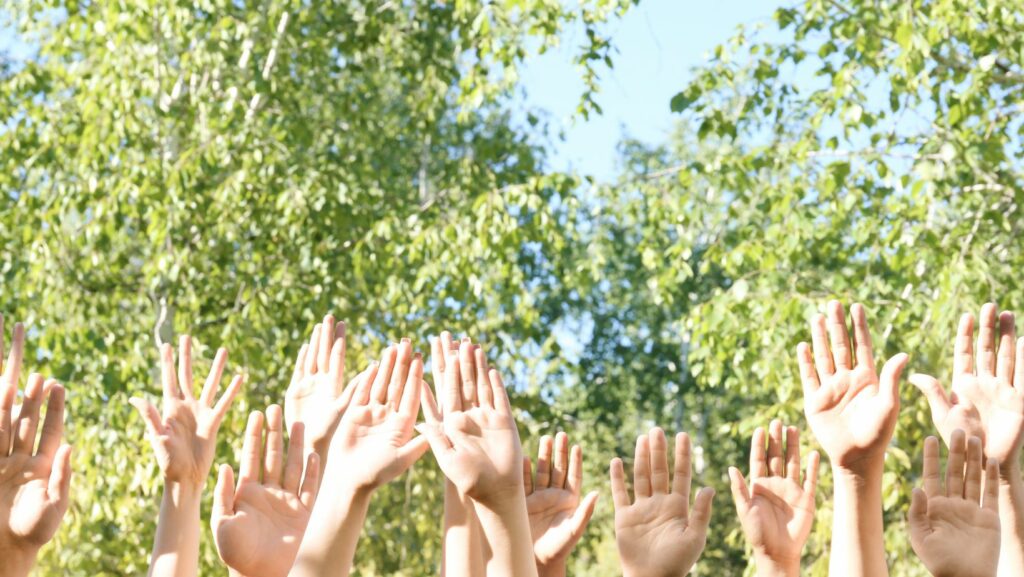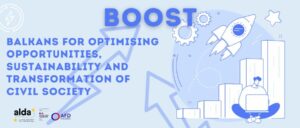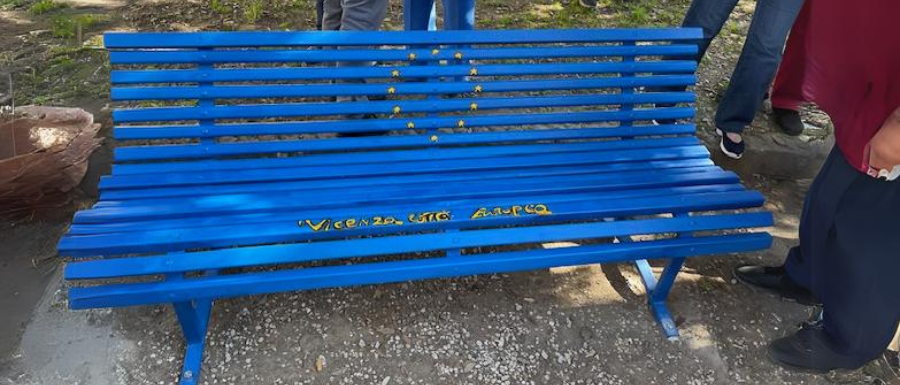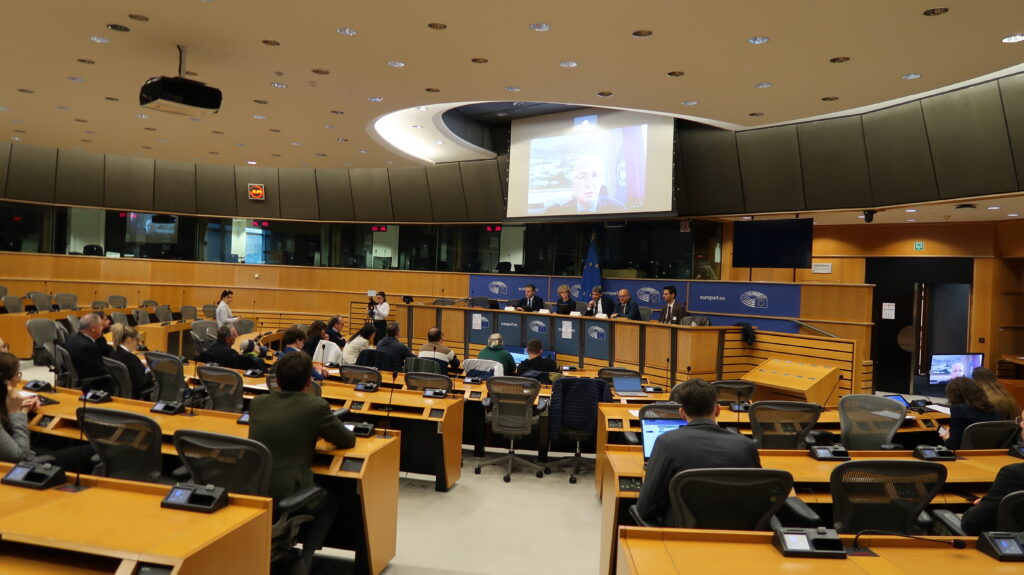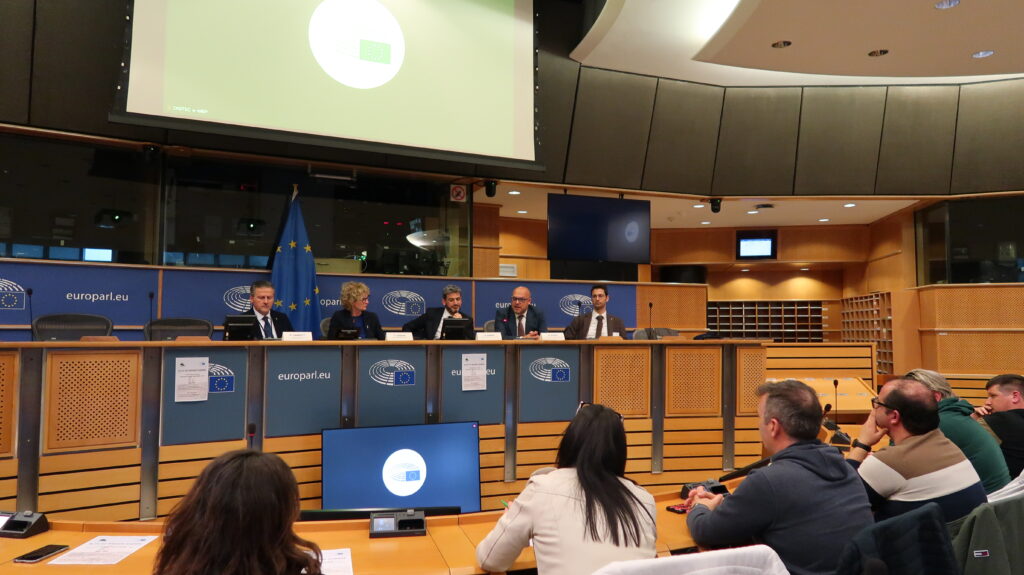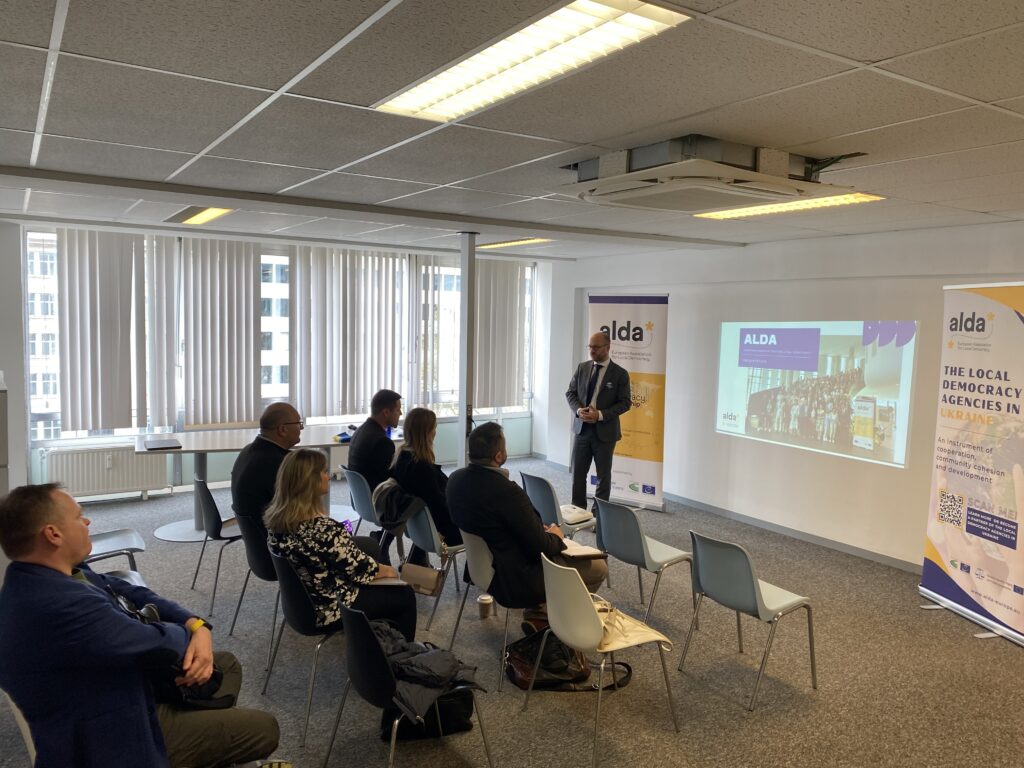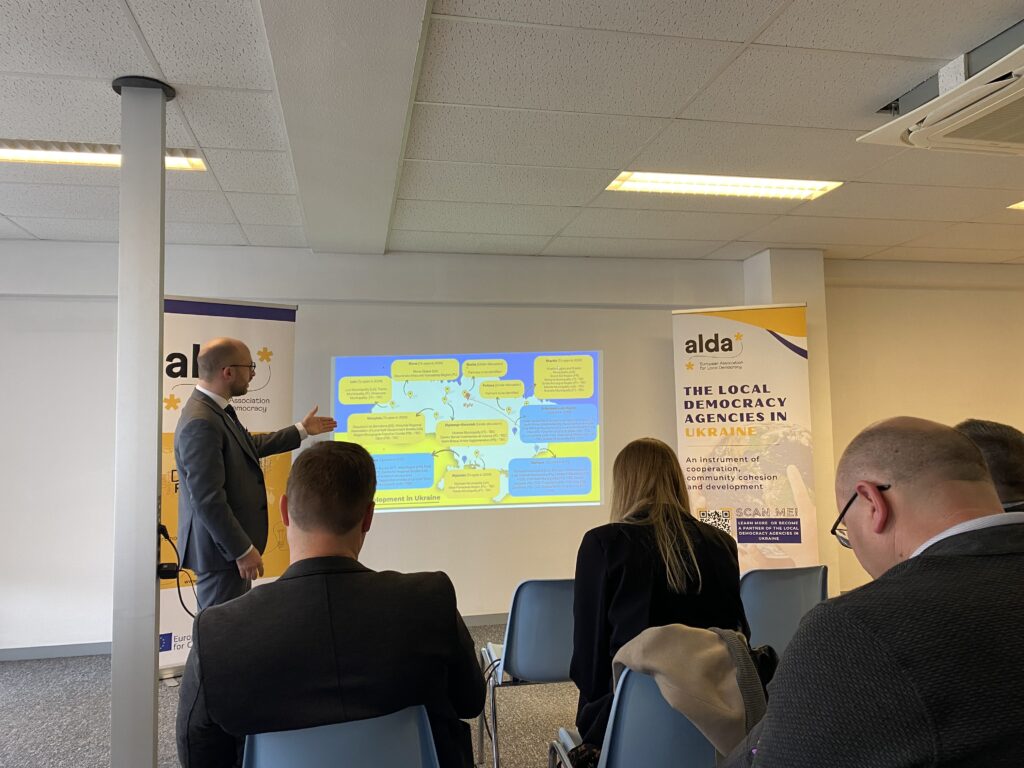ALDA is deeply committed to supporting transgender individuals, especially on Trans Visibility Day. It’s crucial for everyone to educate themselves on being a supportive ally. Here are some valuable tips for allyship with transgender people :
Those TIPS were taken from GLAAD, a non profit organization focused on LGBTQ+ advocacy and cultural change, go check them out for more information.
Don’t make assumptions about a transgender person’s sexual orientation.
Gender identity is different from sexual orientation. Sexual orientation is about who we’re attracted to. Gender identity is about our own personal sense of being a man or a woman, or neither of those binary genders. Transgender people can be gay, lesbian, bisexual, straight, or any other sexual orientation.
If you don’t know what pronouns to use, listen first.
If you’re unsure which pronoun a person uses, listen first to the pronouns other people use when referring to them. If you must ask which pronoun the person uses, start with your own. For example, “Hi, I’m Alex and I use the pronouns he and him. What about you?”. If you accidently use the wrong pronoun, apologize quickly and sincerely, correct your mistake, then move on. The bigger deal you make out of the situation, the more uncomfortable it is.
Be patient with a person who is questioning or exploring their gender identity.
A person who is questioning or exploring their gender identity may take some time to figure out what’s true for them. They might, for example, use a name or pronoun, and then decide at a later time to change the name or pronoun again. Do your best to be respectful and use the name and pronoun requested.
Don’t ask a transgender person what their “real name” is.
If you happen to know the name someone was given at birth but no longer uses, don’t share it without the person’s explicit permission. Similarly, don’t share photos of someone from before their transition, unless you have their permission.
Be careful about confidentiality, disclosure, and “outing.”
Some transgender people feel comfortable disclosing their gender history, while others do not. A transgender person’s gender history is personal information and it is up to them to share it with others. Do not casually share this information, speculate, or gossip about a person you know or think is transgender. Not only is this an invasion of privacy, it also can have negative consequences in a world that is very intolerant of gender diversity. Transgender people can lose jobs, housing, friends, or even their lives when other people find out about their gender history.
Understand there is no “right” or “wrong” way to transition, and that it is different for every person.
Some transgender people access medical care like hormone replacement therapy and surgeries as part of their transition in order to align their bodies with their gender identity. Some transgender people want their authentic gender identity to be recognized without hormones or surgery. Some transgender people cannot access gender affirming healthcare due to a lack of financial resources or access to trained providers. A transgender person’s gender is not dependent on medical procedures or how they look. Accept that if someone tells you they are transgender, they are.
Don’t ask about a transgender person’s genitals, surgical status, or sex life.
It would be inappropriate to ask a cisgender (non-transgender) person about the appearance or status of their genitals. It is equally inappropriate to ask a transgender person those questions. Don’t ask if a transgender person has had “the surgery” or if they are “pre-op” or “post-op.” If a transgender person wants to talk to you about such matters, they will bring it up. Similarly, it wouldn’t be appropriate to ask a cisgender person about how they have sex, so the same courtesy should be extended to transgender people.
Avoid backhanded compliments and “helpful” tips.
While you may intend to be supportive, comments like the following can be hurtful or even insulting:
“I would have never known you were transgender. You look so pretty.”
“You look just like a real woman.”
“She’s so gorgeous, I would have never guessed she was transgender.”
“He’s so hot. I’d date him even though he’s transgender.”
“You’re so brave.”
“You’d pass so much better if you wore less/more make-up, had a better wig, etc.”
“Have you considered a voice coach?”
Challenge anti-transgender remarks or jokes in public spaces, including LGB spaces.
You may hear anti-transgender comments from anti-LGBTQ activists, but you may also hear them from LGB people. Someone may think that because they’re gay, it’s ok for them to use certain words or tell jokes about transgender people. It’s important to challenge anti-transgender remarks or jokes whenever they’re said and no matter who says them.
At meetings and events, set an inclusive tone.
In a group setting, identify people by articles of clothing instead of using gendered language. For example, the “person in the blue shirt,” instead of the “woman in the front.” Similarly, “Sir” and “Madam” are best avoided. If bathrooms in the space are not already all-gender, ask if it’s possible to put an all-gender sign on them. In some circumstances, where not everyone is known, consider asking people to introduce themselves with their names and pronouns. For example, “Hi, I’m Nick and I use he/him pronouns.” Start with yourself and use a serious tone that will discourage others from dismissing the activity with a joke. However, if you feel this practice will have the effect of singling out the trans people in the room or putting them on the spot, avoid it. Remember, it costs cisgender people nothing to share their pronouns, but for trans people it can mean they are sharing something very personal about their gender.
If you want to ensure a safe space from discrimination and create a gender equal work environment, check out ALDA’s gender equality and anti discrimination policy.
Listen to transgender people.
The best way to be an ally is to listen with an open mind to transgender people speaking for themselves. Follow thought leaders in the transgender community. Check out books, films, YouTube channels, and trans blogs to find out more about transgender people and the issues people within the community face. We recommend watching the documentary “Disclosure” on Netflix. Directed by Sam Feder and executive produced by Laverne Cox, “Disclosure” surveys the history of trans representation in TV and film using archival footage and interviews with 30 trans advocates and artists working in the entertainment industry. The film reveals how the media has created and perpetuated stereotypes about transgender people.
Know your own limits as an ally.
Don’t be afraid to admit when you don’t know something. It is better to admit you don’t know something than to make assumptions or say something that may be incorrect or hurtful. Seek out the appropriate resources that will help you learn more. Remember being an ally is a sustained and persistent pattern of action; not an idle or stable noun.
